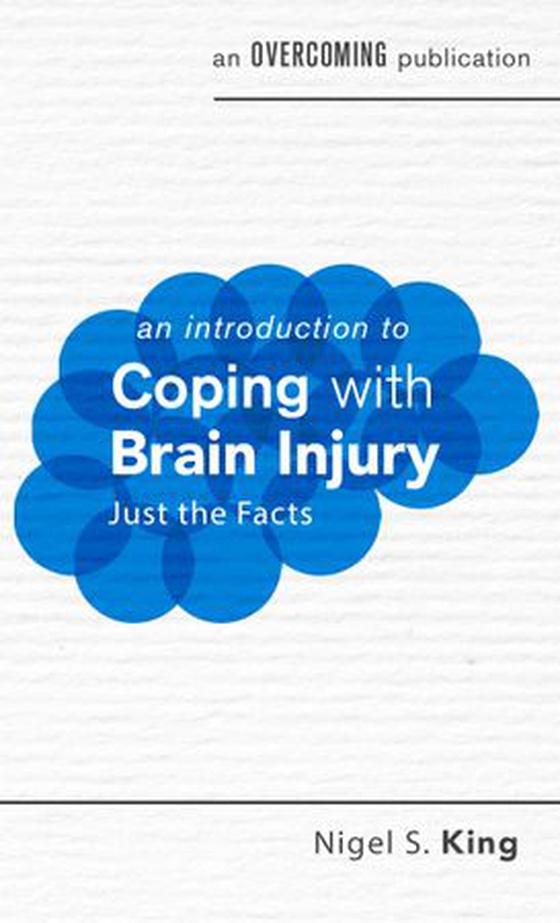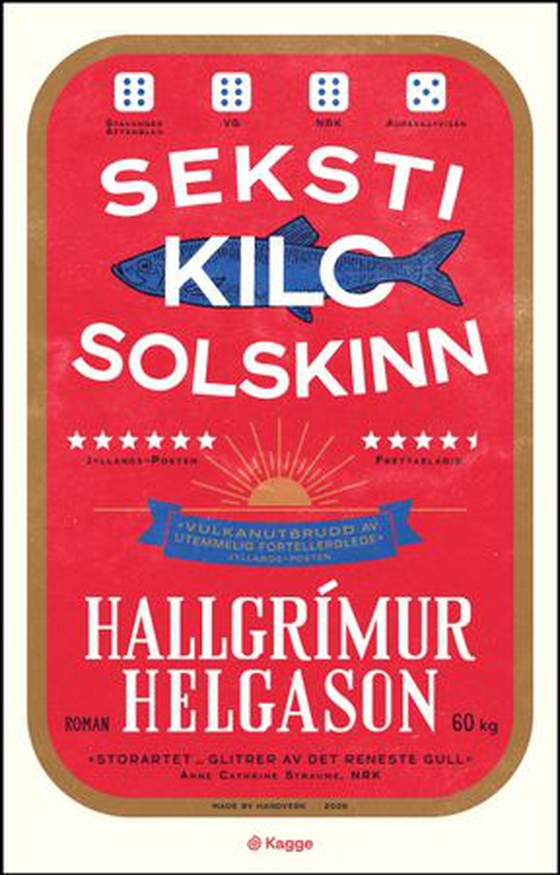An Introduction to Coping with Brain Injury (An Introduction to Coping series) ebok
45,-
Just the facts for coping with the after-effects of a brain injury
Acquired Brain Injury (ABI) usually refers to people who have suffered a head injury or stroke but also includes those who have had brain tumours, an anoxic injury (where the brain has been starved of oxygen) or brain illnesses like encephalitis and meningitis. After an ABI, the brain undergoes a very slow healing process before …
Just the facts for coping with the after-effects of a brain injury
Acquired Brain Injury (ABI) usually refers to people who have suffered a head injury or stroke but also includes those who have had brain tumours, an anoxic injury (where the brain has been starved of oxygen) or brain illnesses like encephalitis and meningitis. After an ABI, the brain undergoes a very slow healing process before improvements slow down and eventually plateau. This is different to other forms of brain conditions where the journey is more of a deteriorating one over time.
ABI is commonly called 'a hidden disability' as it can easily be missed or misunderstood by others. Also it can significantly affect those close to the person and therefore it is frequently called 'a family affair' too. As the issues are often hidden, complicated and affect patients and families alike, this book can act as a roadmap to help you and your loved ones navigate through the complex and often unexpected challenges that can arise following a brain injury, using:
- Cognitive rehabilitation approaches to understand and manage changes in our thinking abilities
- Cognitive behavioural approaches to address ways in which our thoughts, feelings, actions and physical reactions relate to each other
Andre har også kjøpt
Forlag
Robinson
Utgitt
06.04.2023
Sjanger
Helse og livsstil, Dokumentar og fakta
Språk
English
Format
epub
DRM-beskyttelse
LCP
ISBN
9781472147615
Just the facts for coping with the after-effects of a brain injury
Acquired Brain Injury (ABI) usually refers to people who have suffered a head injury or stroke but also includes those who have had brain tumours, an anoxic injury (where the brain has been starved of oxygen) or brain illnesses like encephalitis and meningitis. After an ABI, the brain undergoes a very slow healing process before improvements slow down and eventually plateau. This is different to other forms of brain conditions where the journey is more of a deteriorating one over time.
ABI is commonly called 'a hidden disability' as it can easily be missed or misunderstood by others. Also it can significantly affect those close to the person and therefore it is frequently called 'a family affair' too. As the issues are often hidden, complicated and affect patients and families alike, this book can act as a roadmap to help you and your loved ones navigate through the complex and often unexpected challenges that can arise following a brain injury, using:
- Cognitive rehabilitation approaches to understand and manage changes in our thinking abilities
- Cognitive behavioural approaches to address ways in which our thoughts, feelings, actions and physical reactions relate to each other
Ingen anmeldelser ennå
















